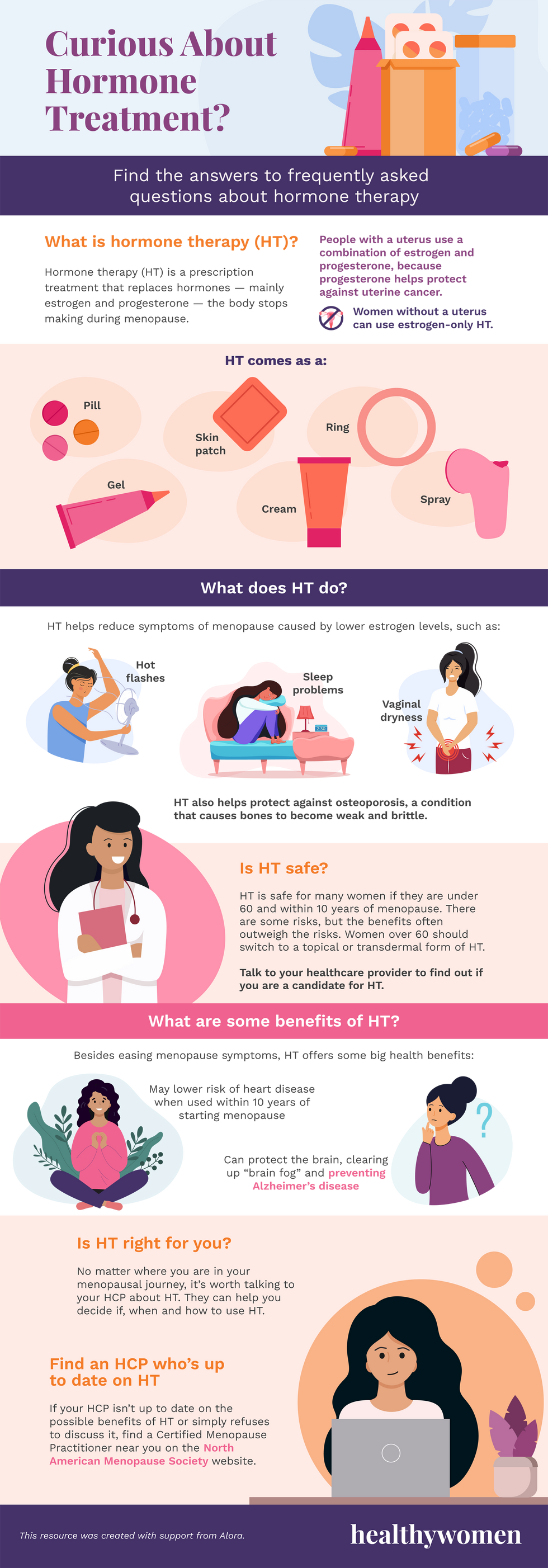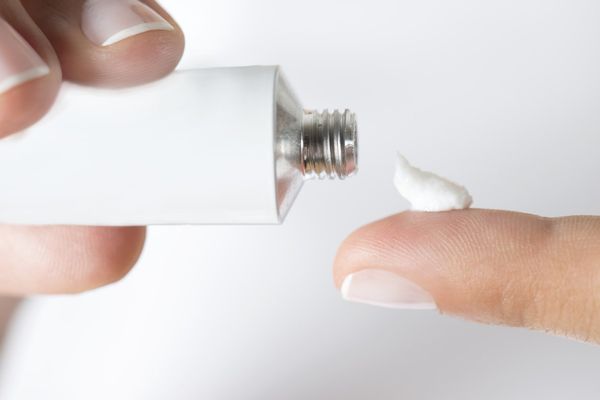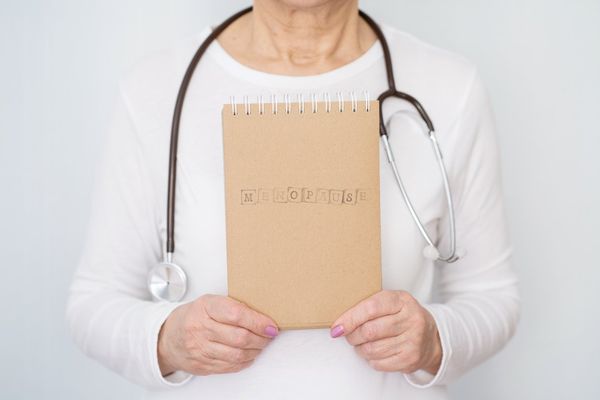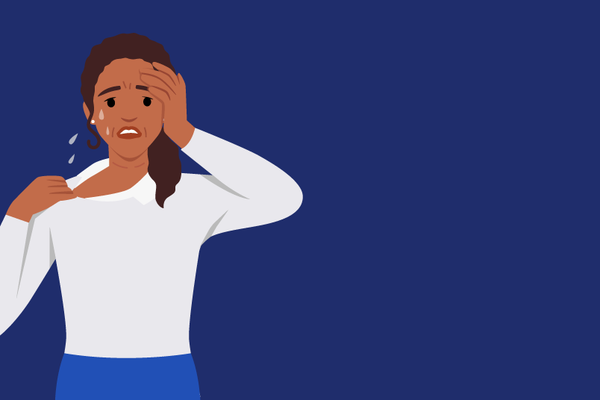What is hormone therapy (HT)?
Hormone therapy (HT) is a prescription treatment that replaces hormones — mainly estrogen and progesterone — the body stops making during menopause.
People with a uterus use a combination of estrogen and progesterone because progesterone helps protect against uterine cancer.
Women without a uterus can use estrogen-only HT.
HT comes as a:
Pill
Skin patch
Ring
Gel
Cream
Spray
What does HT do?
HT helps reduce symptoms of menopause caused by lower estrogen levels, such as:
Sleep problems
Vaginal dryness
HT also helps protect against osteoporosis, a condition that causes bones to become weak and brittle.
Is HT safe?
HT is safe for many women if they are under 60 and within 10 years of menopause. There are some risks, but the benefits often outweigh the risks. Women over 60 should switch to a topical or transdermal form of HT.
Some women with certain conditions or risk factors should not take HT. Talk to your healthcare provider to find out if you’re a candidate.
What are some benefits of HT?
Besides easing menopause symptoms, HT offers some big health benefits:
May lower risk of heart disease when used within 10 years of menopause start
Can protect the brain, clearing up “brain fog” and preventing Alzheimer’s disease
Is HT right for you?
No matter where you are in your menopausal journey, it’s worth talking to your HCP about HT. They can help you decide if, when and how to use HT.
Find an HCP who’s up to date on HT
If your HCP isn’t up to date on the possible benefits of HT or simply refuses to discuss it, find a Certified Menopause Practitioner near you on the North American Menopause Society website .
This resource was created with support from Alora.
- The Pros and Cons of Hormone Therapy ›
- Clinically Speaking: What You Need to Know About Hormone Therapy ›
- Is Hormone Therapy Right for You? ›
- JoAnn Pinkerton, M.D., Speaks With HealthyWomen About Hormone Therapy for Menopause ›
- Endometriosis and Hormone Therapy - HealthyWomen ›
- Get Good Menopuase Care with the Right Healthcare Provider - HealthyWomen ›








